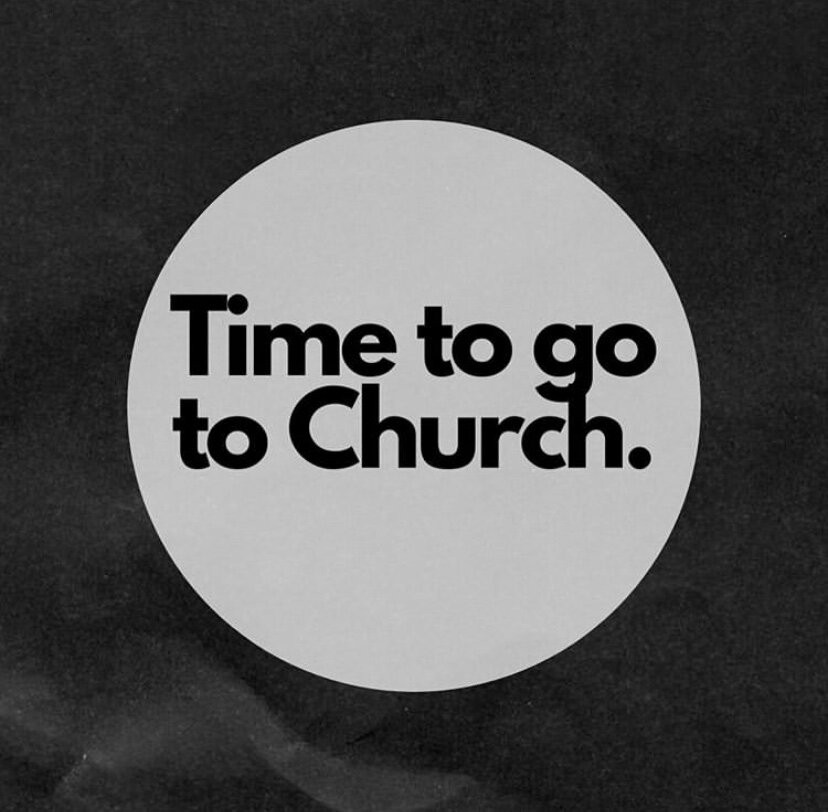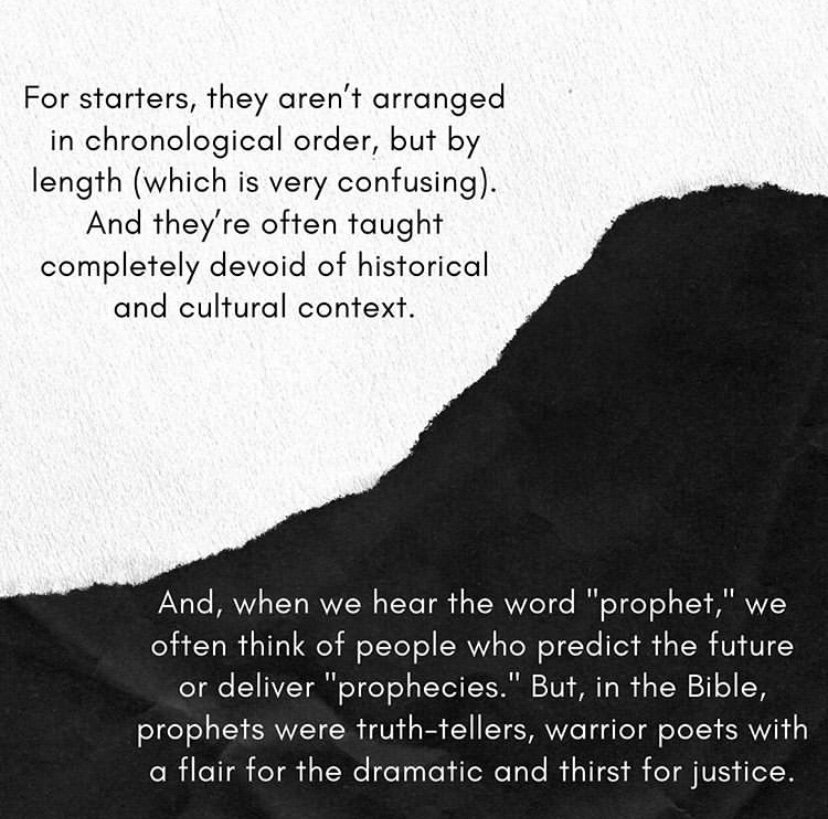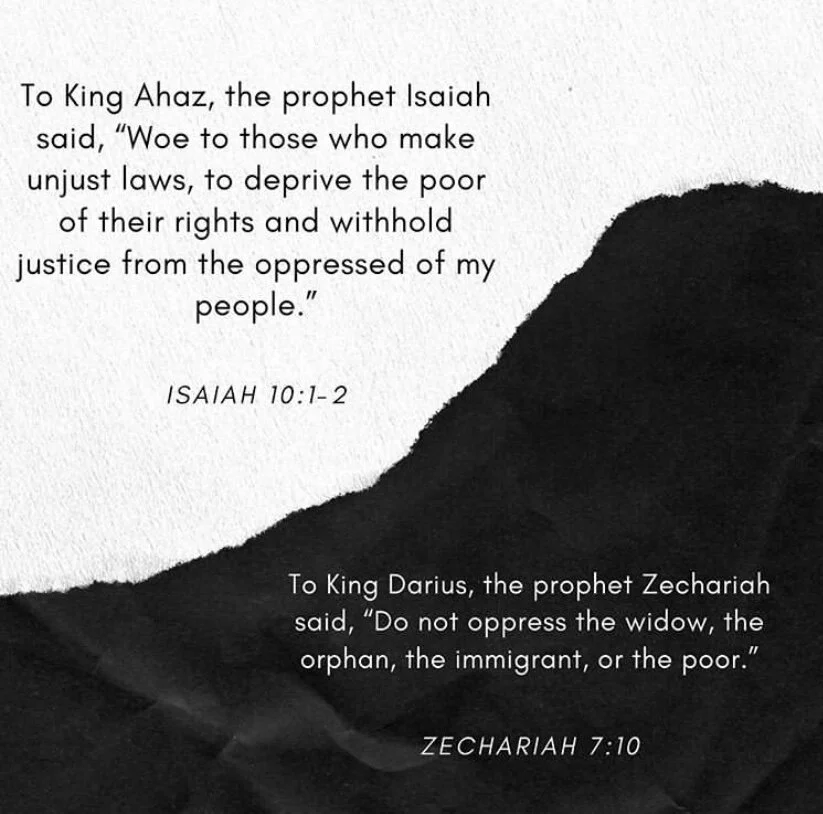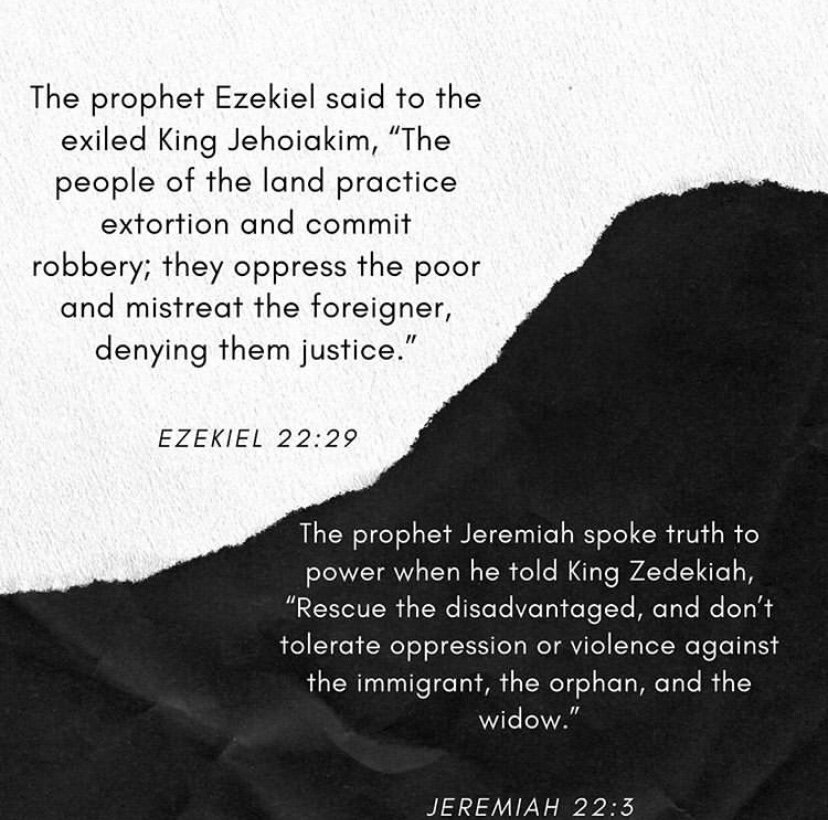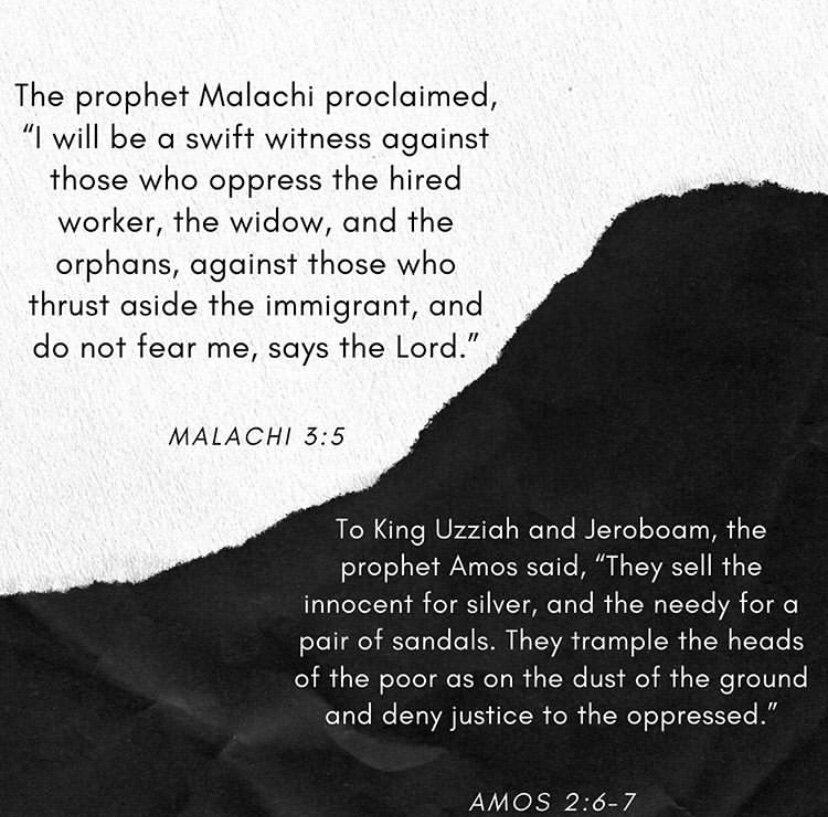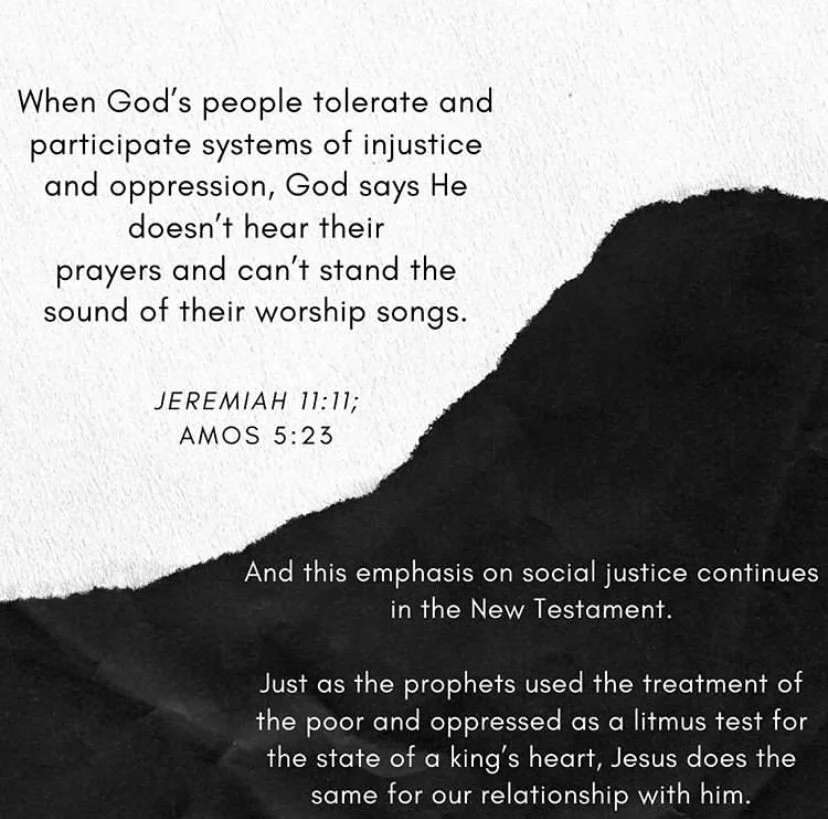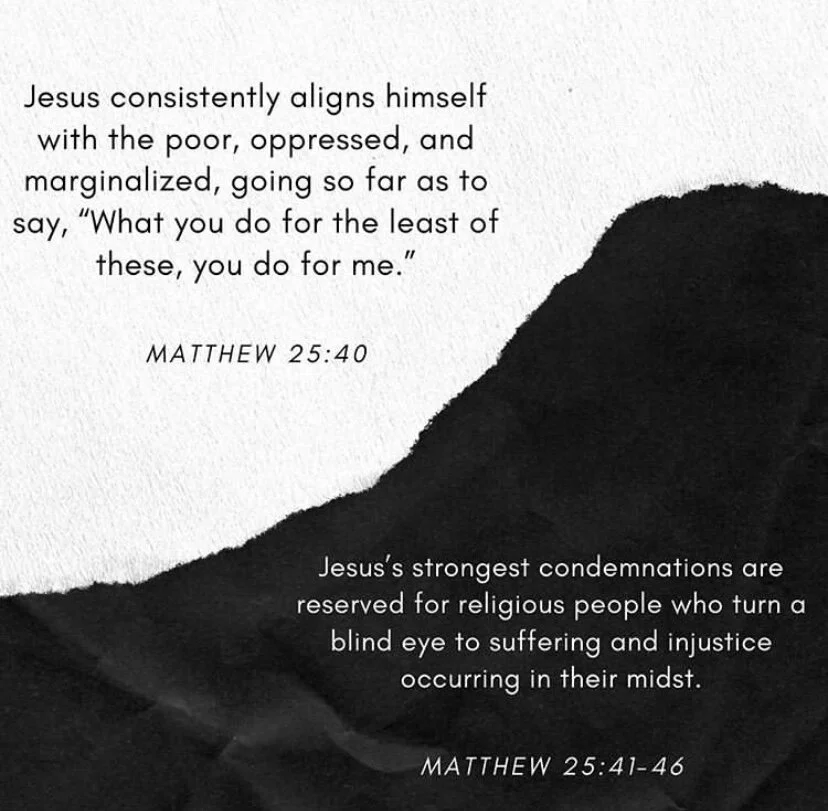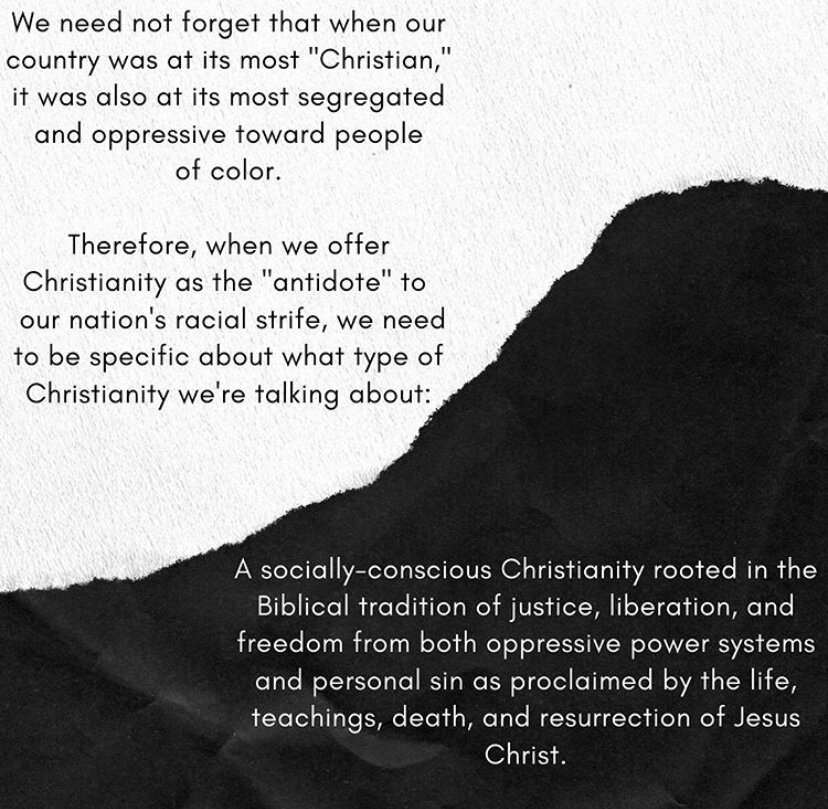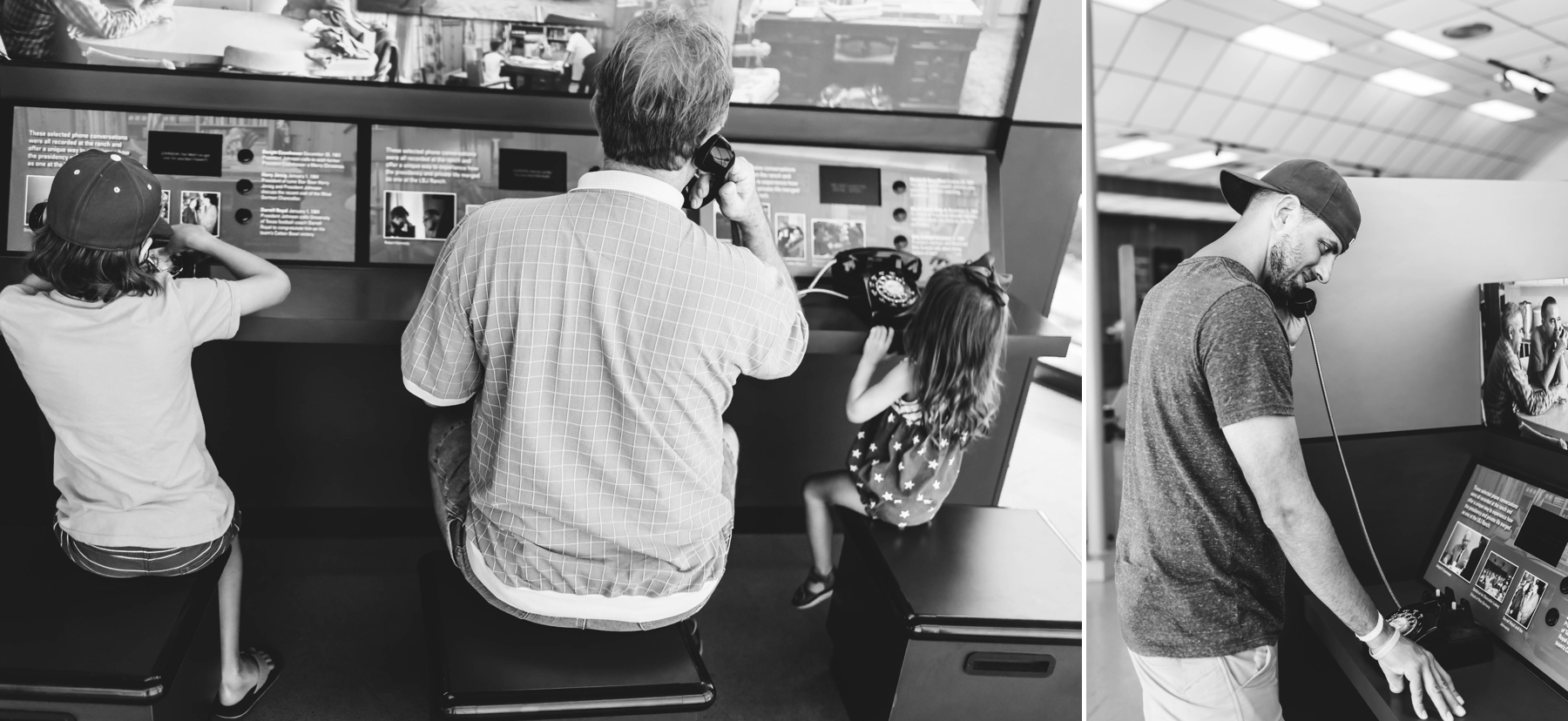I don't have a huge reach on social media, and many of you know me personally, so maybe we have even talked within the last week. But, I still felt the need to write; to join the conversation. And to be honest, I don’t love doing it. Writing is a frustratingly lengthy process for me. But sometimes it feels like my brain and heart are swirling so much that the only way to make sense of it is to put it on paper.
Words do matter, and so does silence. (This is not to say one doesn't care by not making a social media post about something. Just that I believe this does need to be to be discussed—-online or in-person).
On that note, I stayed off social media last week. Feed fatigue is powerful, and I am struggling with it. But I know that sitting in this discomfort is important. A quote from a news commentator reads that "many white allies have been moved by embarrassment at intransigence and by the image of public cruelty, in much the same way as it happened in the 1960's. This feels bigger. It is bigger."
And we are moved. We are wondering why it took us this long to dig in to this. To learn. To acknowledge. I have never—in my lifetime at least— seen people so on fire against injustice. But, I am overwhelmed. There is so much to be done. I am making lists of ways I can learn…because I will never start if I don't. I am checking out books from my library I have never thought I needed to read before. We watched Just Mercy and I have never felt so many emotions during a movie in my entire life. I am having conversations with my children that I have never had before. My brain and heart are exhausted. And it’s only been one week.
From Privilege to Progress: "White people, we gotta talk about burn out. You aren't conditioned to be thinking about race this much because of your privilege. We need you to do all you’re doing today, tomorrow, and until the end of time." It's true. This is all new to us. But as one graphic floating around says, how privileged we are to educate ourselves about racism instead of experiencing it.
Now, I am going to switch course a little bit and talk about being a Christ follower in the midst of this. Because yes, my heart for Jesus is big. But horrifyingly, white Christians don't have a great reputation when it comes to the topic of racism. I wrote the first part of this late last night, when I couldn't sleep. Then I woke up and watched church that I missed this weekend when I was working. Then, I read Martin Luther King Jr,’s Letter from Birmingham Jail.
And whoa….the notes I took. I feel like I am studying for the biggest test of my life. And maybe I am. I’m embarrassed that I have celebrated him as a historical figure and yet have not read more of his writings. I am so inspired at how deftly and eloquently he weaves the gospel together with what was, and is, happening in America. He loved Jesus—deeply—and he mourned for the state of our current church. Because I could never describe it any better, here is what he says about the true design of the “church,” versus what it has become.
“There was a time when the church was very powerful. It was during that period that the early Christians rejoiced when they were deemed worthy to suffer for what they believed in. In those days, the church was not merely a thermometer that recorded the ideas and principles of popular opinion; it was the thermostat that transformed the mores of society. Wherever early Christians entered a town the power structure got disturbed and immediately sought to convict them for being ‘disturbers of the peace’ and ‘outside agitators.’ But they went on with the conviction…that they had to obey God rather than man. They were small in number but big in commitment. They brought an end to such ancient evils as infanticide and gladiatorial contest.”
And here is what he says about the church today:
“The contemporary church is so often a weak, ineffectual voice…the arch supporter of the status quo. Far from being disturbed by the presence of the church, the power structure of the average community is consoled by the church’s sanction of things as they are.
But the judgement of God is upon the church as never before. If the church today does not recapture the sacrificial spirit of the early church, it will lose its authentic ring….and be dismissed as an irrelevant social club with no meaning for the twentieth century.”
WAIT. Twentieth century. That’s not today. Except….it still is.
He’s writing in 1963, and his writings are just as relevant today, in the 21st century, as they were back then.
He also states that he came to Birmingham “with the hope that the white religious leadership would see the justice of our cause and with deep moral concern serve as the channel through which our just grievances could get to the power structure.”
It didn’t happen. Many ministers would say “Those are social issues which the gospel as nothing to do with.”
Jump to this past Sunday. Here are some notes, and while I know these are just words, right now, my hope is that we can be more like the early church.
“This movement began with Jesus, and should continue throughout his church. When Jesus is moved to compassion, he always acts. He always follows sorrow with action.”
“Who does he address? Not the crowd, but his disciples.”
So yes, this is us. Jesus didn’t command the oppressed, or the hurting; he commanded his followers.
Here were the action steps our church laid out, for anyone wondering, or for anyone who may feel overwhelmed about where to start:
Lament for those who are hurting.
If you are unaffected by what is going on today, you may not be seeing through the eyes and heart of Christ.
We will not be moved to action until we hurt for those who are hurting. 1 Cor 12-when one part of the body hurts, we all hurt.
Listen to people who are not like us.
Maybe, just maybe, we are not lamenting because we are not listening to anyone who is different than us. We can not learn if we do not make an effort to. To combat selfishness and narcissism, we have to listen to people who don’t live where we live, or who don’t look like we do.
On this note, are we listening to understand, or listening to respond? Our goal here should be the former. We have too often responded with arguments that are simplifying and insulting to the oppressed. Arguments that switch the conversation to make us more comfortable. Arguments that are defensive and not at all empathetic in nature.
I don’t feel like I have the ability, nor the right, to expound on this any further. I am still learning. But I do want to go back to MLK Jr.’s letter from prison, because it is just so full of truth. I would recommend to everyone to read it, and I will include the link below. But it is long, so if you don’t find yourself clicking through, here are some highlights:
In response to the white church leaders (whom he is writing):
“You deplore the demonstrations that are presently taking place, but…did not express a similar concern for the conditions that brought the demonstrations into being. I would not hesitate to say that it is unfortunate that demonstrations are taking place…but I would say in more emphatic terms that it is even more unfortunate that the white power structure of this city left the Negro community with no other alternative.”
You guys. This could have been written today. My response, when talking to others about the protests/riots and the fight against racism is this: One does not negate the other. This is the first time in my relatively short life that I have taken the time to examine that. The riots (which are only a small, well-publicized version of events) cannot be what we focus on. It’s easy to do. We say we want love, not hate; we say we want respect for the law, not looting, etc. etc. Those things are well and good, BUT, the existence of the riots, however violent and malintended they are, does not mean that we can focus on that over the root cause of this anger. That gets us nowhere.
Martin Luther King Jr., as the eloquent orator we all know him to be, describes the demonstrations, or “direct action,” in a way that I think we can all understand, should we choose to:
“Nonviolent direct action seeks to…establish such tension that a community that has consistently refused to negotiate is forced to confront the issue. It seeks to dramatize the issue so that it can no longer be ignored…There is a type of constructive nonviolent tension that is necessary for growth.”
If there is a better word to describe what we are all feeling right now than tension, I don’t know what it is. The tension is uncomfortable. It is keeping me up at night. It follows me throughout the day. And it’s not fun. But that’s how I know it is something I can’t let go of for the sake of normalcy…for the sake of feeling comfortable again.
MLK Jr. ties his thoughts on the aforementioned together in the following paragraph:
“I have almost reached the regrettable conclusion that that the Negro’s greatest stumbling block in the stride toward freedom is not the White Citizens Councillor or the Ku Klux Klanner, but the white moderate who is more devoted to order than justice; who prefers a negative peace (the absence of tension) to a positive peace (the presence of justice)…who says ‘I agree with you in the goal you seek, but I can’t agree with your method’s of direct action;’ who paternalistically feel that he can set the timetable for another man’s freedom.”
And in response to those of us who may have stayed quiet in crises past, because we feel we are good, loving, non-racist people:
“We will have to repent in this generation not merely for the vitriolic words and actions of the bad people but for the appalling silence of the good people. We must come to see that human progress never rolls in on the wheels of inevitability. It comes through the tireless efforts…of men willing to be coworkers with God…”
And finally:
“WAS NOT JESUS AN EXTREMIST IN LOVE?” (caps mine)
That, for me, is what this all boils down to. If we claim to follow Jesus, we must support his calls for justice; we must share his love and care for the oppressed and the hurting; and we must act as his hands and feet.
“By this everyone will know that you are my disciples, if you love one another.” - John 13:35
I know this was long…if you’re still here, thank you for taking the time. I hope my “summaries” are helpful in knowing where my heart is right now. I also realize that I have pulled from a lot of sources (above and below), and I truly hope that is ok. I don’t feel I have adequate experience to speak on these matters in my own words too much, but wanted to share the things I have read that have opened my mind and my heart to this cause—primarily, Jesus. He stood against injustice and oppression, and so should we.
Link to full letter:
https://www.csuchico.edu/iege/_assets/documents/susi-letter-from-birmingham-jail.pdf
Graphics from Joe Terrell www.instrumentofmercy.com











